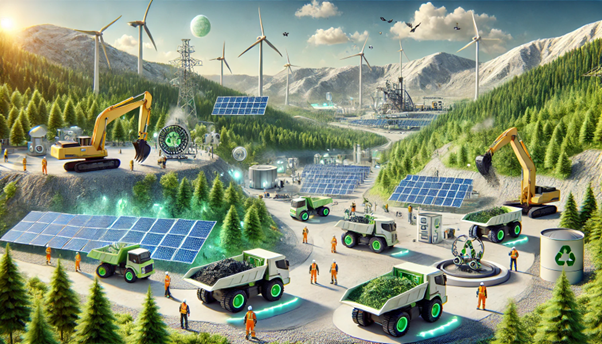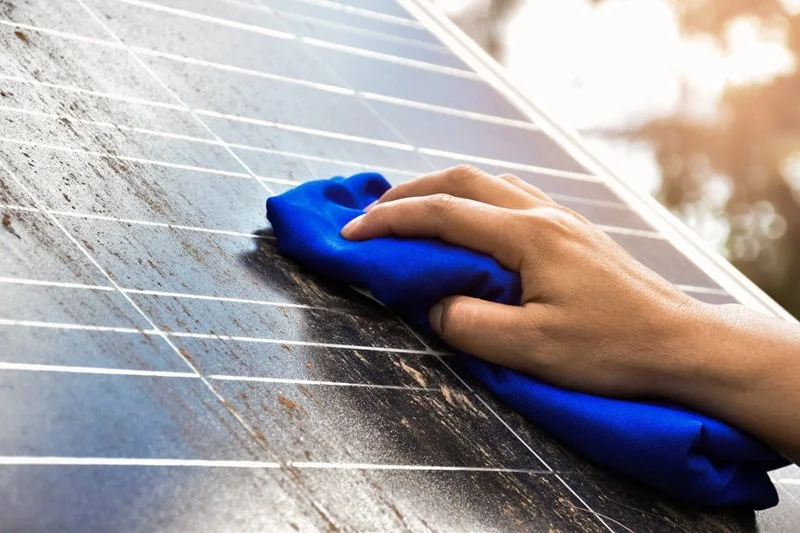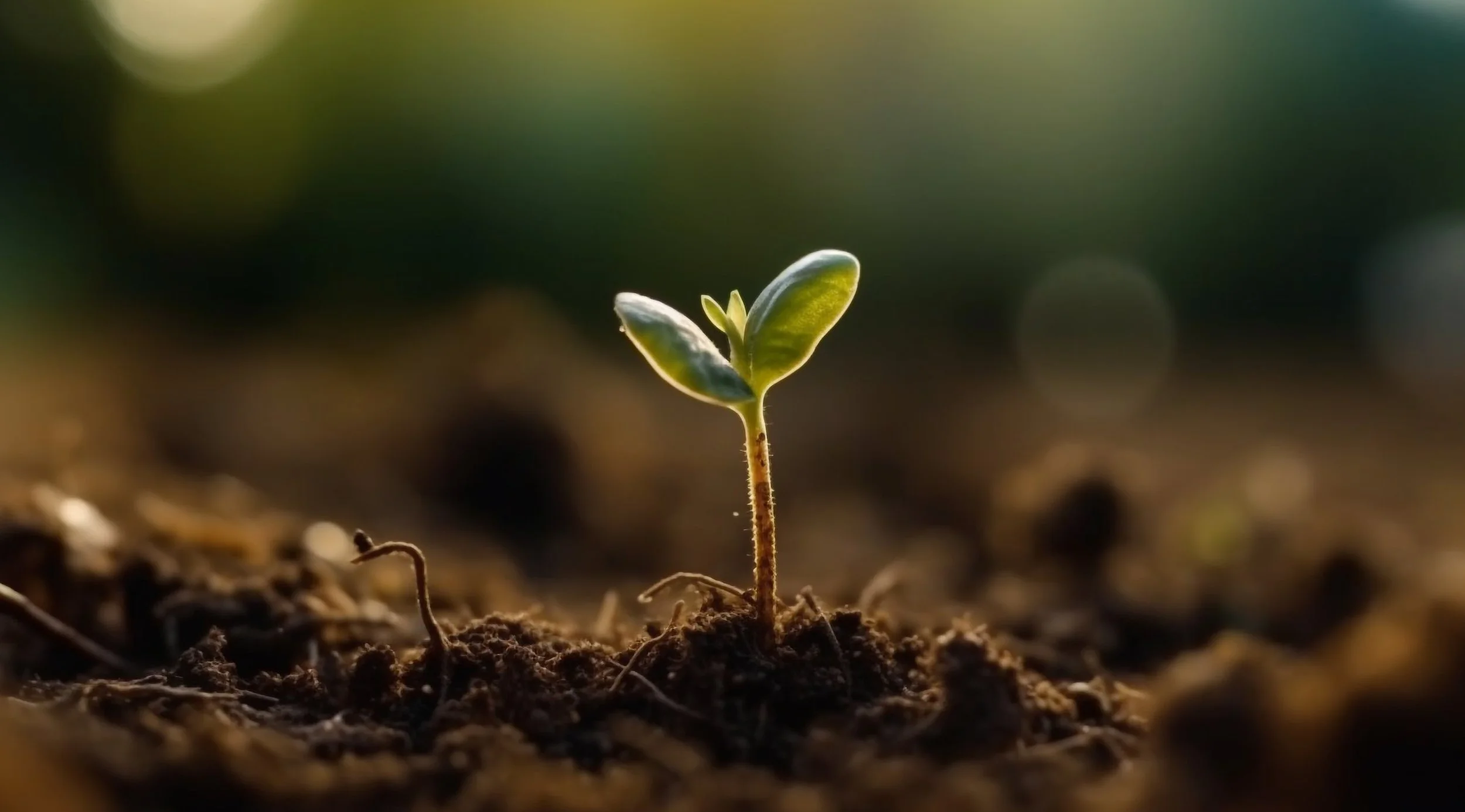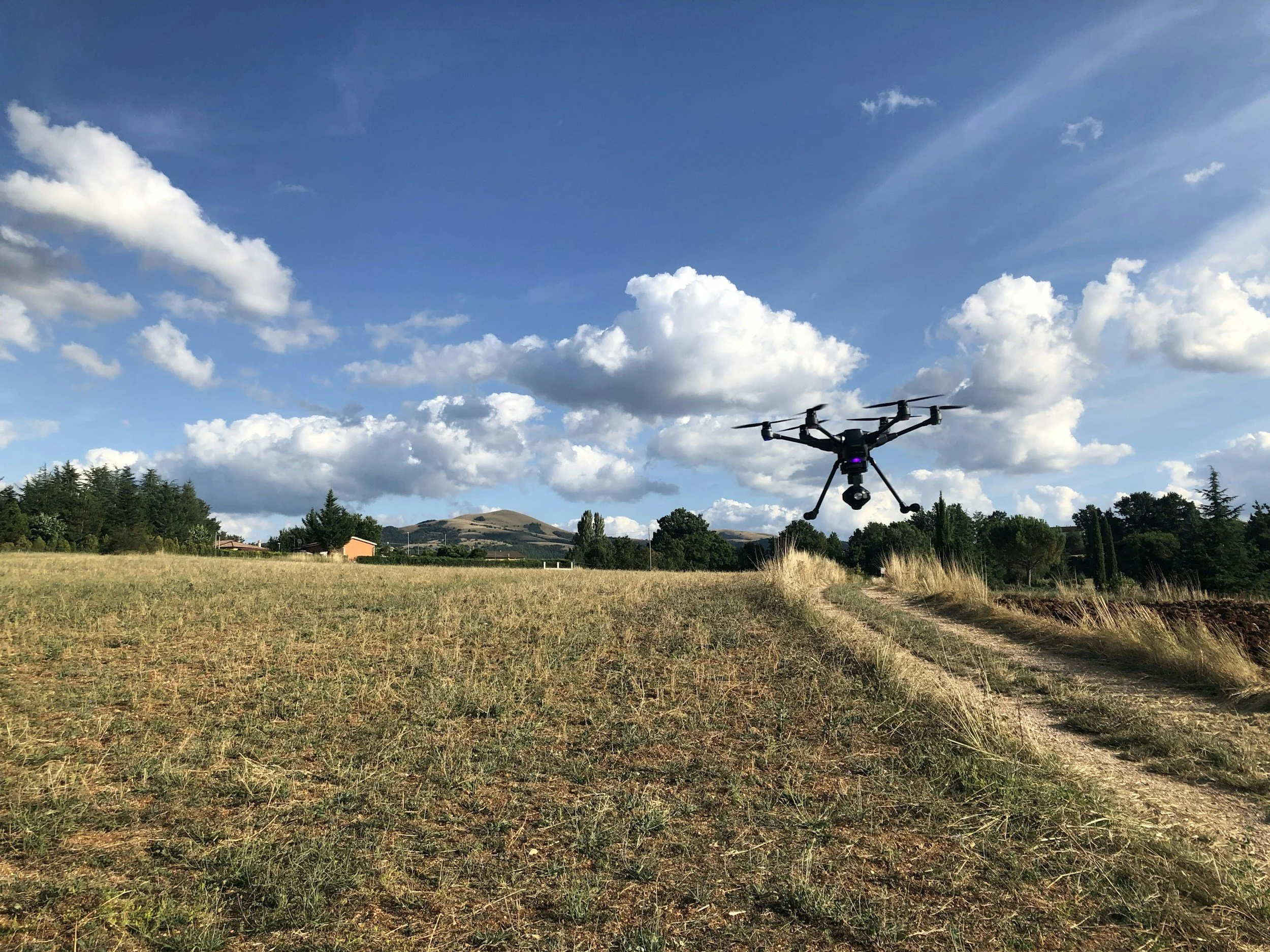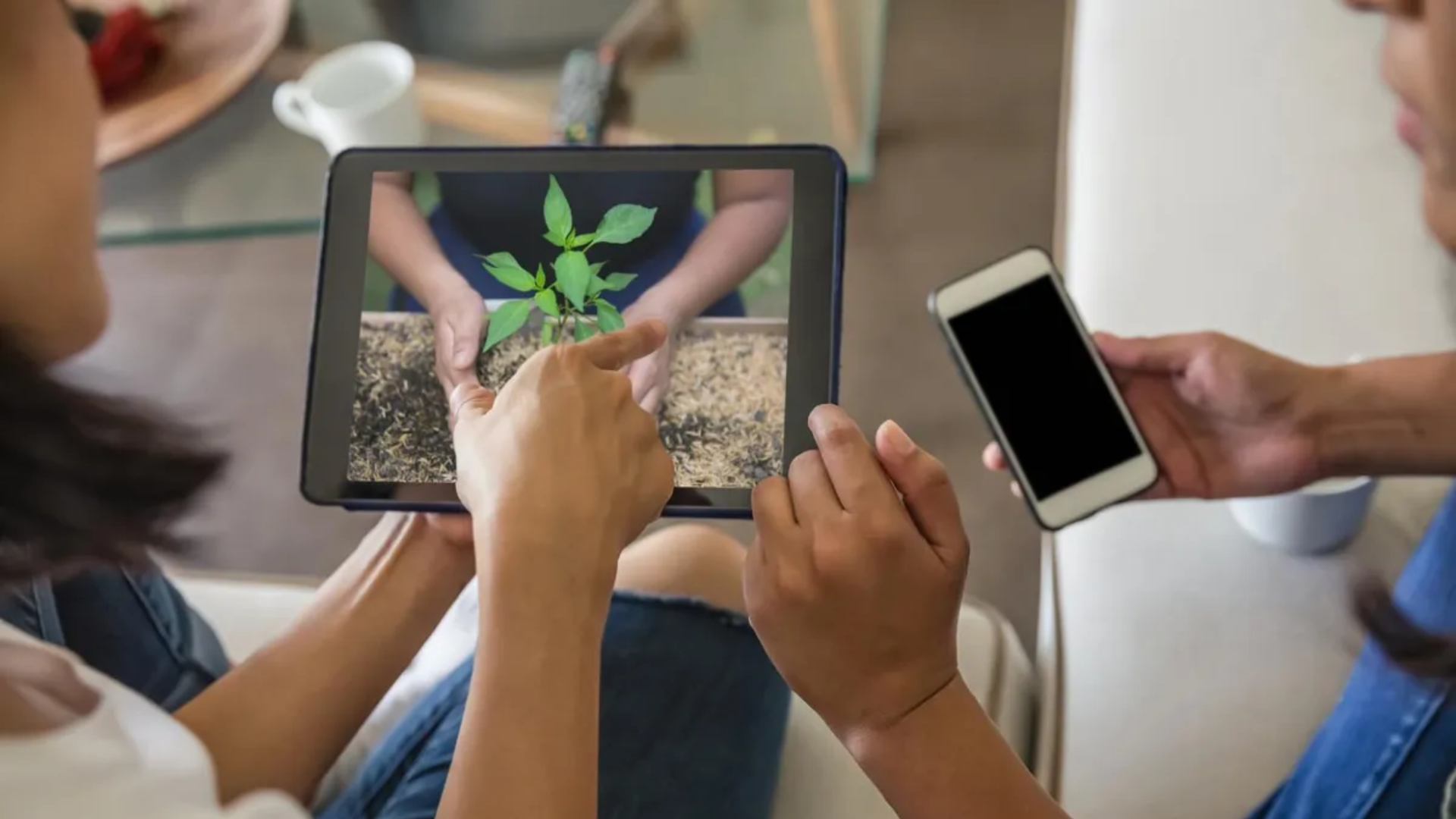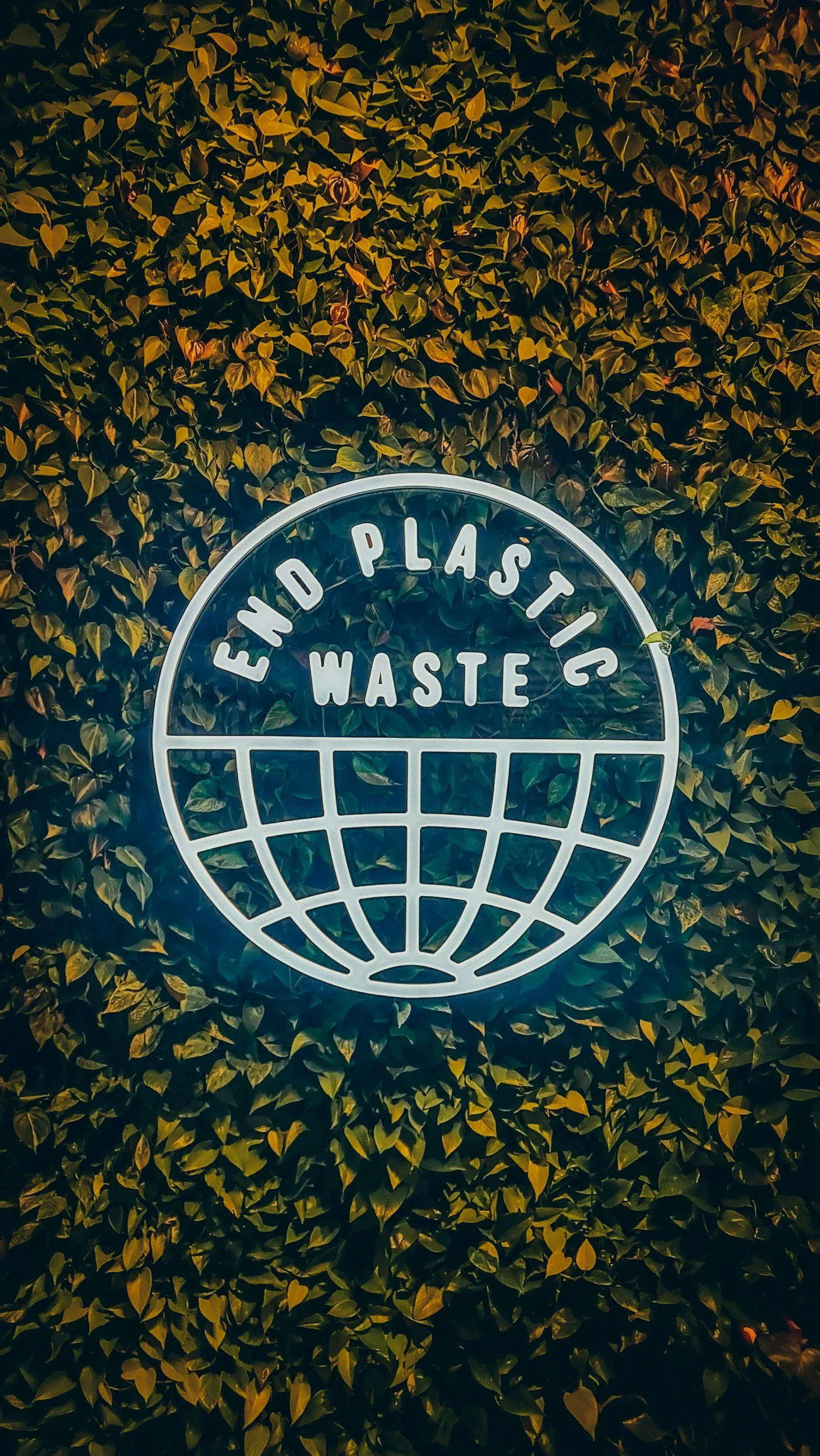The (Green) Lunch Revolution: why forcing kids to eat healthy doesn’t work
/Updated 7/31/2021
The Healthy Lunch campaign to deliver more nutritious meals in schools around the country has sparked a national debate over the role of government in dictating lifestyle choices for the nation’s public school students. Yet the movement for healthier, greener lifestyles did not begin with the US government, nor does it end there. In fact, there have been a number of drivers over the past few years that have pushed us, kicking and screaming, to this point of revolution as a nation.
Read More



































